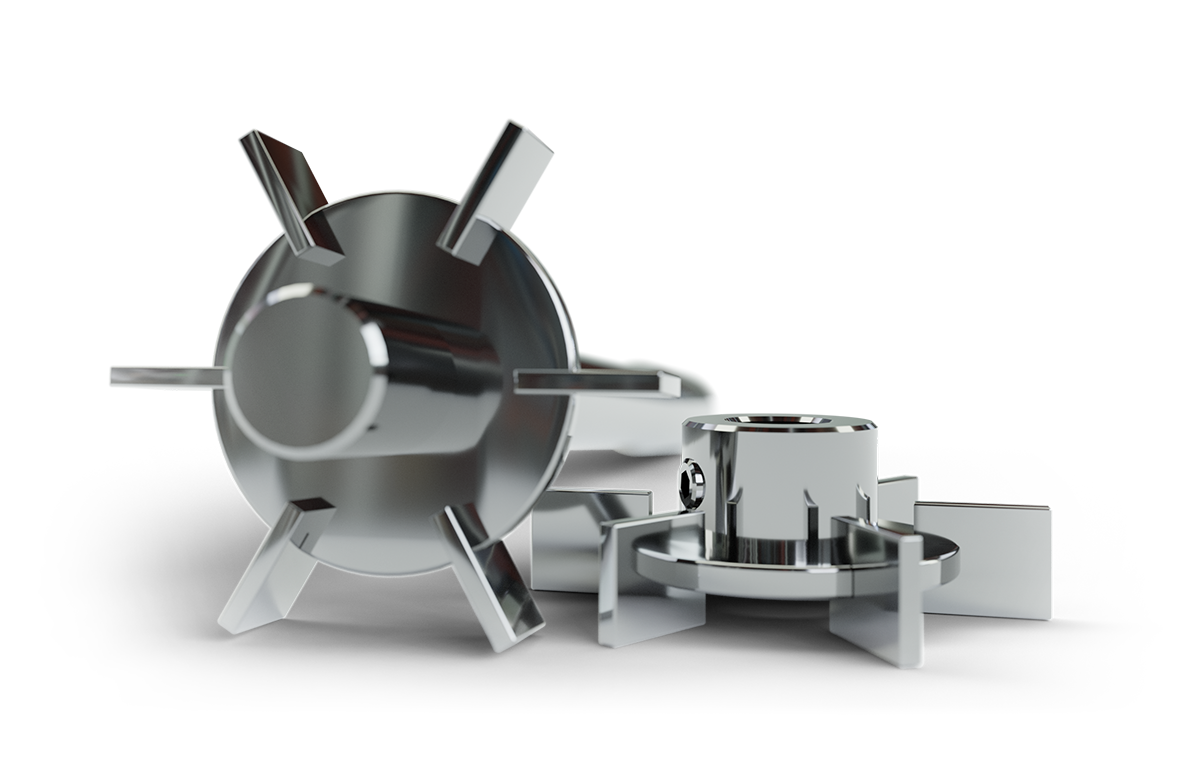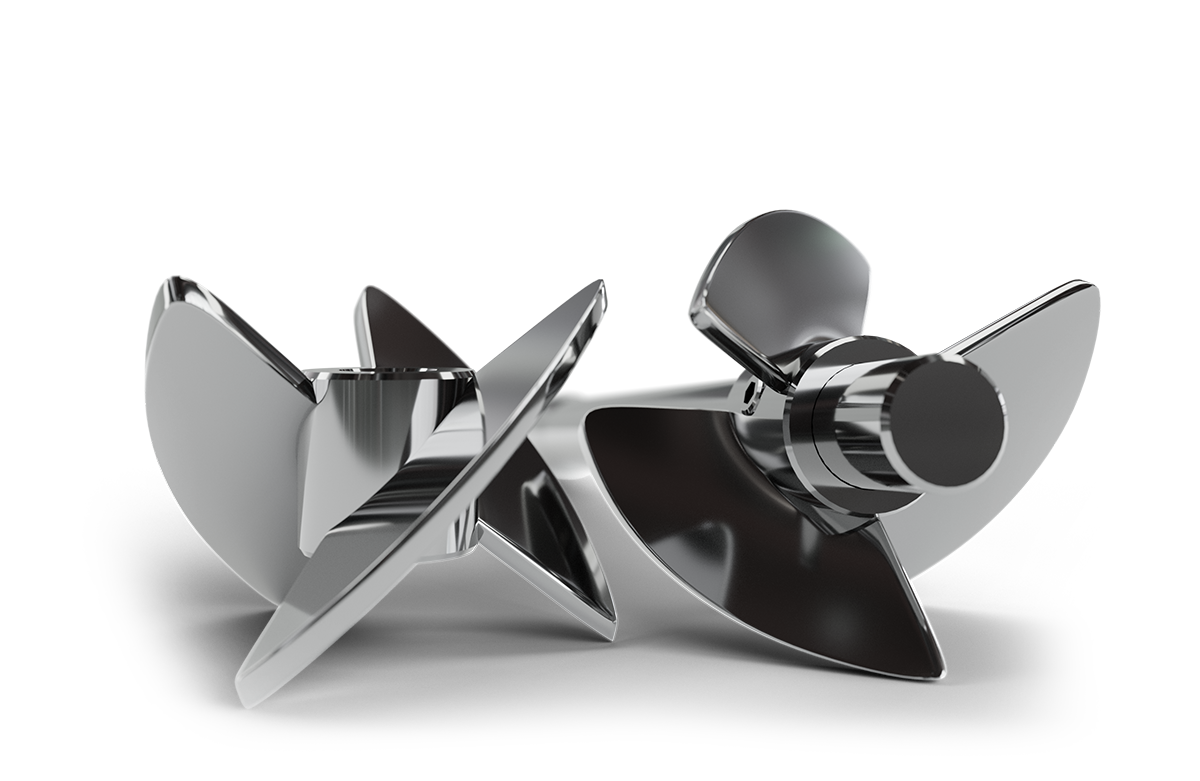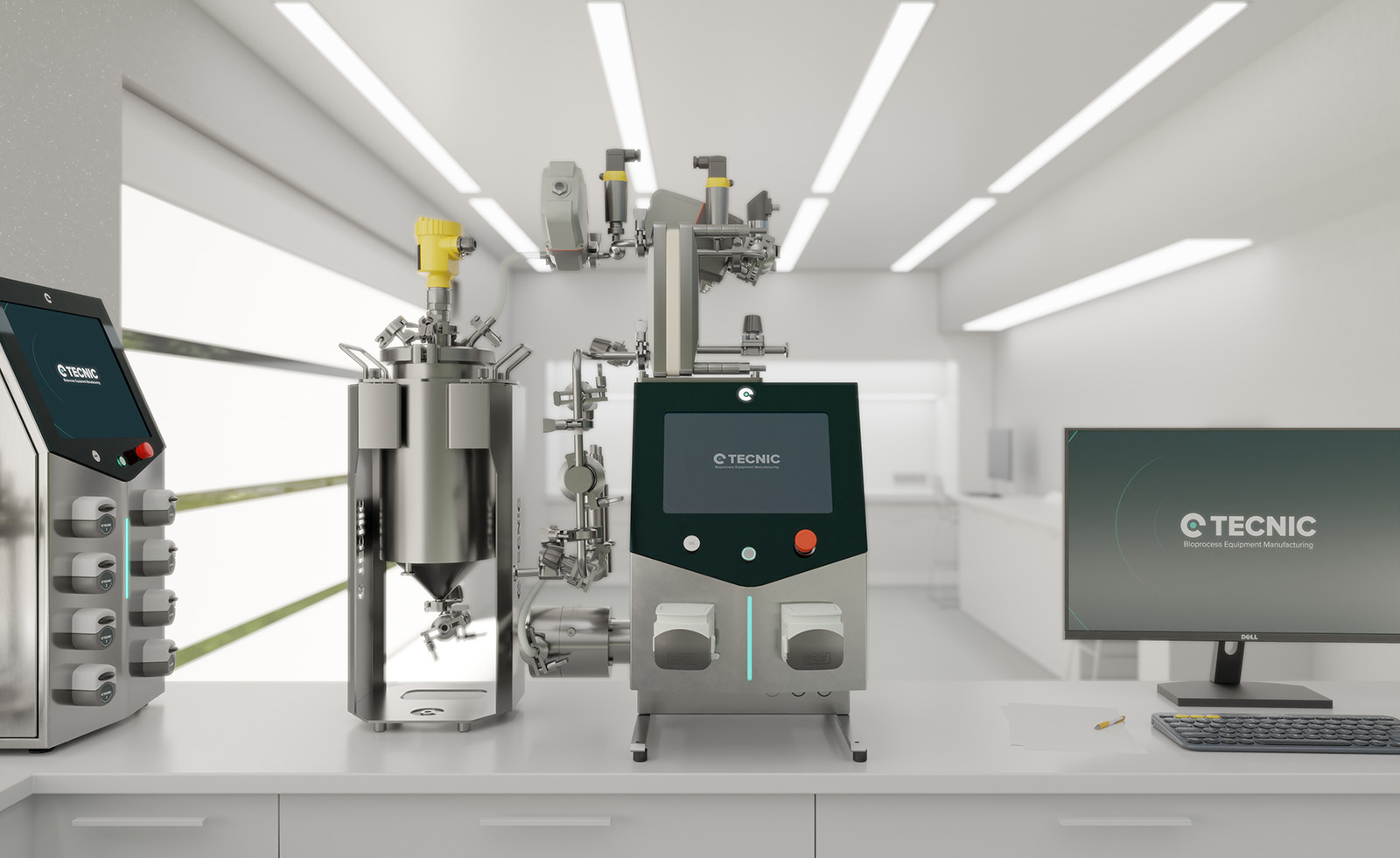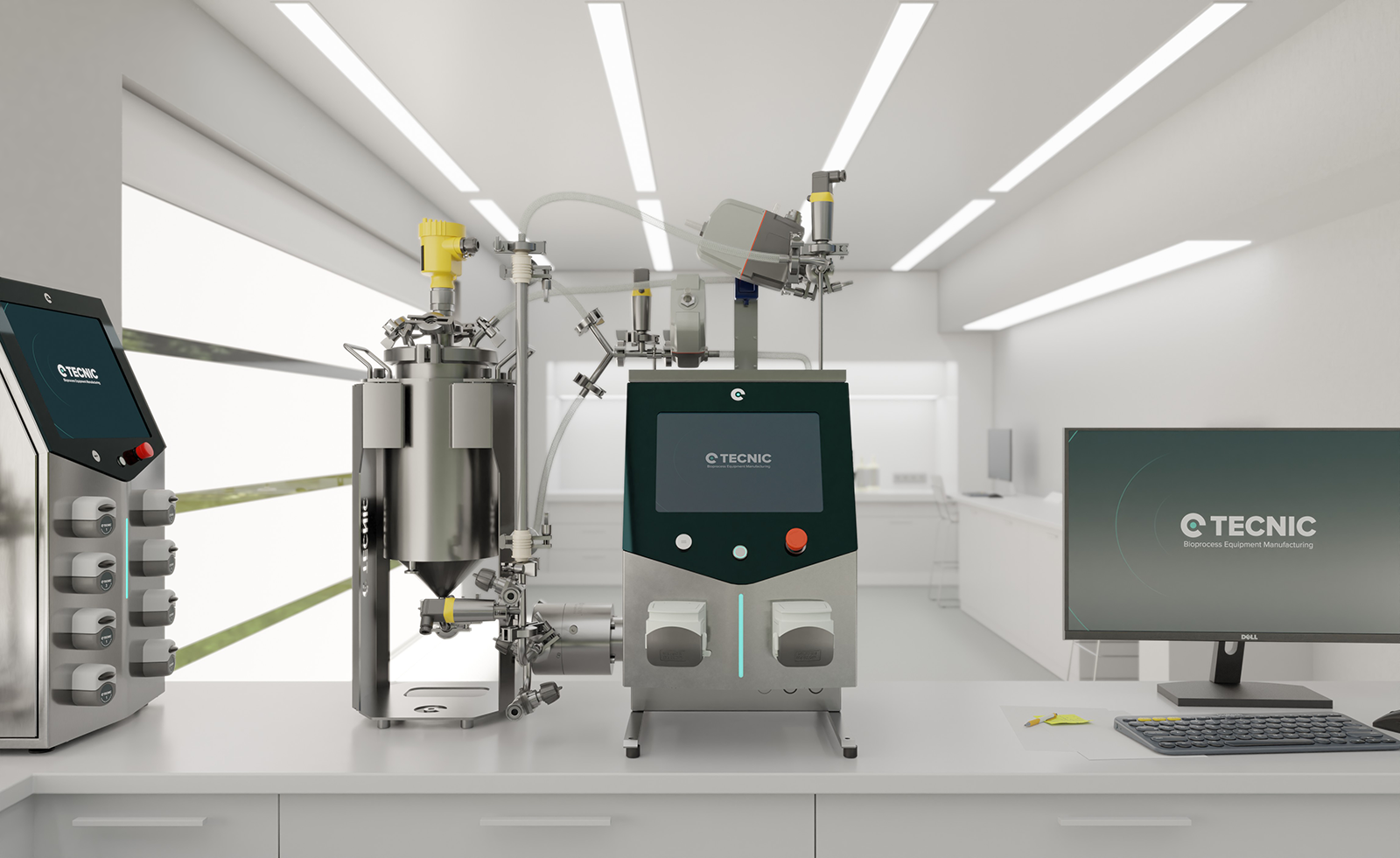Gene and cell therapy have made significant strides in medicine, offering advances that could transform the lives of millions with hereditary and degenerative diseases. These advances herald a new era in treating conditions once deemed incurable.
Cell therapy: restoring health with prodigal cells
Cell therapy, part of regenerative medicine, offers hope for those with chronic and degenerative diseases. This method uses stem or specialized cells to heal, replace, or renew damaged tissues and organs. Worldwide, researchers conduct studies yielding hopeful outcomes.
A key breakthrough is using induced pluripotent stem cells (iPSCs) for heart conditions. Teams have turned patients' skin cells into stem cells and then into functional heart cells. Reinserted into the heart, these cells restore function and enhance patient life quality.
Additionally, cell therapy has effectively treated degenerative diseases. Stem cell ⇀ administration has slowed disease progression and eased symptoms in clinical trial patients.
Overcoming challenges and advancing gene and cell therapy

While gene and cell therapy's advances mark a significant leap in medicine, significant challenges remain. Evaluating the long-term safety and effectiveness of these treatments requires thorough clinical trials and studies.
Moreover, making these innovative therapies accessible is vital. With the high costs of research and development, finding ways to offer these treatments to all patients is crucial, regardless of economic status.
Yet, these advancements hint at a future where we might treat or cure previously incurable diseases. Cooperation among scientists, medical institutions, and governments is essential to bring these advances to those in need, offering hope to patients and families globally.
Improving the accessibility and efficacy of gene and cell therapy
For cell or gene therapy, specialized tools and technologies are crucial for cultivating and handling modified cells. In this sense, bioreactors play a crucial role ⇀. They offer a controlled, sterile space for cells to grow ex vivo, expanding them in large numbers before reintroduction into the patient. Bioreactors help optimize cultivation protocols and maintain therapeutic cell quality and viability.
Additionally, tangential flow filtration (TFF) ⇀ technology plays a critical role in cell and gene therapy production. TFF, a method for separating and concentrating, purifies therapeutic cells and removes impurities. This ensures the safety and effectiveness of the doses given. Using this advanced method, we can obtain high-quality modified cells, essential for the therapy's success and safety.
The combined use of bioreactors and TFF technology marks a major leap in producing gene and cell therapy. It enables the large-scale manufacturing of these therapies, opening the door for more patients to access these groundbreaking treatments soon.










